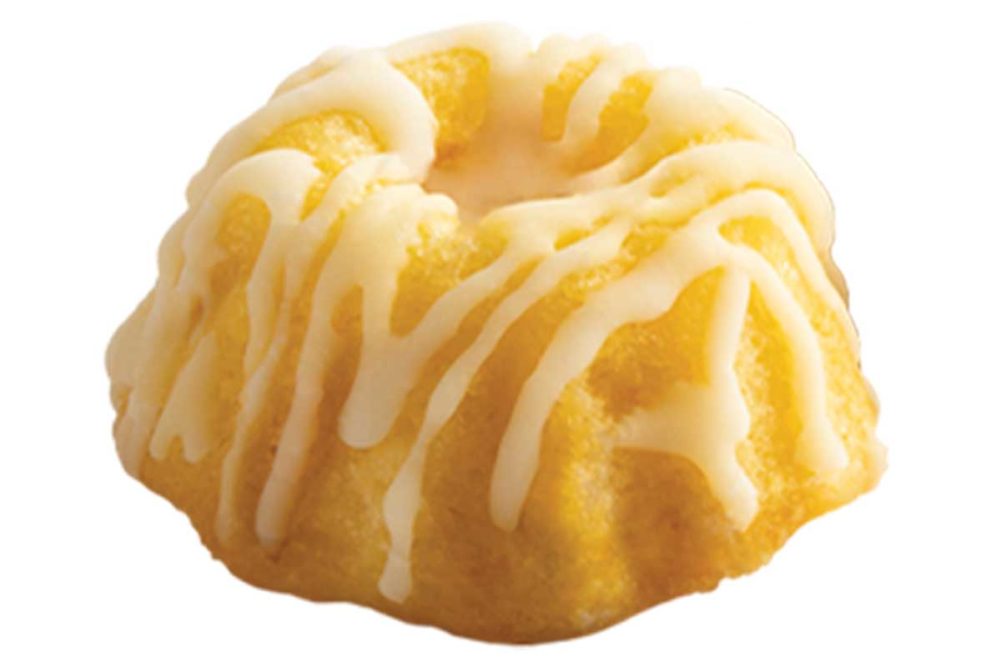NEW YORK – While many food companies are shifting toward more of a health and wellness orientation, the staying power of indulgent food products may be underappreciated in the investment community, said Robert Moskow, an analyst with Credit Suisse, New York. It is this conclusion that underpins an outperform rating for Hostess Brands, Inc. issued Oct. 13 by the investment firm.
In addition to the inadequate recognition of the indulgent snack foods business, Mr. Moskow said he was impressed by steps Hostess management has taken to increase its market share and by the company’s strong results both in 2020 and 2021. Credit Suisse has initiated coverage of Kansas City-based Hostess Brands with a 12-month price target of $22 per share, up from an Oct. 13 price of $18.25 in trading on Nasdaq.
In a highly volatile time, the sweet baked foods category has enjoyed steady strength the past three years, chalking up 3%-plus compound annual growth over the period. Even as consumers overall are shifting toward healthier lifestyles, snacking has increased toward the high end of three to five times per day. The uptick has been attributed to the growing number of consumers spending time at home, where snacking is more frequent than at work, Mr. Moskow said. Additionally, he characterized indulgent snacks as still “’king’ of snacking.”
“Consumers consider sweet snacks more appealing than better-for-you snacks (74% vs. 69%), citing flavor as the most important attribute,” Mr. Moskow said. “NPD data indicate that sweet snack consumption remains one-third of all snacking types in the US, essentially equal to better-for-you snacking. Our conclusion is that even consumers leading healthy lives will frequently consume Hostess products because they view it as a reward.”
Bolstering Mr. Moskow’s confidence in the company is the strong results Hostess has tallied, with three-year organic growth of 7% and EBITDA margins well in excess of its peers. Consumers who sampled Hostess during the pandemic “clearly liked what they ate,” he said, noting that sales of the company’s products for at-home eating have remained strong even as mobility has increased. Meanwhile, the company’s sales at convenience stores (more than 30% of its business), have rebounded.
“We prefer companies with accelerating growth in year two of the pandemic rather than decelerating because we think they will have stronger momentum heading into year three,” Mr. Moskow said.
Mr. Moskow said Hostess is in the early phases of a long-term effort to enhance the effectiveness of its marketing. He credited Hostess president and chief executive officer Andrew P. Callahan for devoting considerable resources into elevating management talent, steps to gain consumer insights, generating return on investment analysis and adding new supply chain capabilities.
As an example, he said Hostess has invested in consumer research to develop a “very granular occasion map that explains the path that leads to impulse-purchase decisions and occasions.” The company for the first time in a decade conducted a national advertising campaign – “Live Your Mostess.”
“We expect these advancements to widen Hostess’ competitive advantages in a sweet baked goods category that is highly fragmented and traditionally focuses more on distribution than consumer insights,” he said.
The company’s research generated an insight that consumer desire of sweet goods for breakfast was rising during the pandemic. Hostess responded by expanding its breakfast-oriented products, precipitating the launch of the successful new Baby Bundts platform. Hostess also introduced Crispy Minis, a platform extending the Hostess brand into the specialty cookies segment.
“The recent launches of Baby Bundts has been highly successful and has helped drive Hostess’ sales up 23% in the sweet baked goods breakfast sub-category year to date compared to the prior year,” Mr. Moskow said. “The lemon and cinnamon Baby Bundts varieties were the fastest growing and fourth fastest growing SKUs (stock-keeping units) in the sweet baked goods category in the four weeks ending July 17.”
The successful integration of Voortman, acquired in 2020, also impressed Mr. Moskow as demonstrating that Hostess is able to fold smaller assets into its distribution system.
While Hostess is a leader in the snack cake category, its growth potential is considerable Mr. Moskow said, noting that the category has $160 billion in annual sales. The company’s household penetration is in the mid-30% range, well below 69% for sweet baked foods and 91% for cookies.
Additionally, glitches in the company’s business with Walmart are likely to be resolved in 2022, which Mr. Moskow said would equate to $40 million of sales, equating to a 3%-plus tailwind for the company’s business next year.
With its growth track record and potential, Mr. Moskow expressed the view Hostess ought to be valued by the market at 13 times EBITDA rather than its historical average of 12 times. He said this figure would place Hostess between large food conglomerates, generally valued at about 11.5 times EBITDA, and pure-play snacking companies that grow 3-5% per year and enjoy a 16 times EBITDA multiple.
“We note that Hostess’ valuation multiple expanded recently to 13x, perhaps in anticipation of a potentially favorable outlook for 2022,” he said.
An investment in Hostess is not without risks, including those facing many companies, such as a tight labor market and rising input costs. Mr. Moskow said Hostess faces the additional risk of specializing in products prone to attack by consumer groups or regulatory agencies concerned about obesity rates. New regulations or taxes aimed at sugar laden snacks could hurt Hostess sales. Additionally, investors who seek businesses with high environmental, social and governance ratings may avoid Hostess, Mr. Moskow said, because the company’s products are high in sugar, saturated fat and artificial preservatives.





